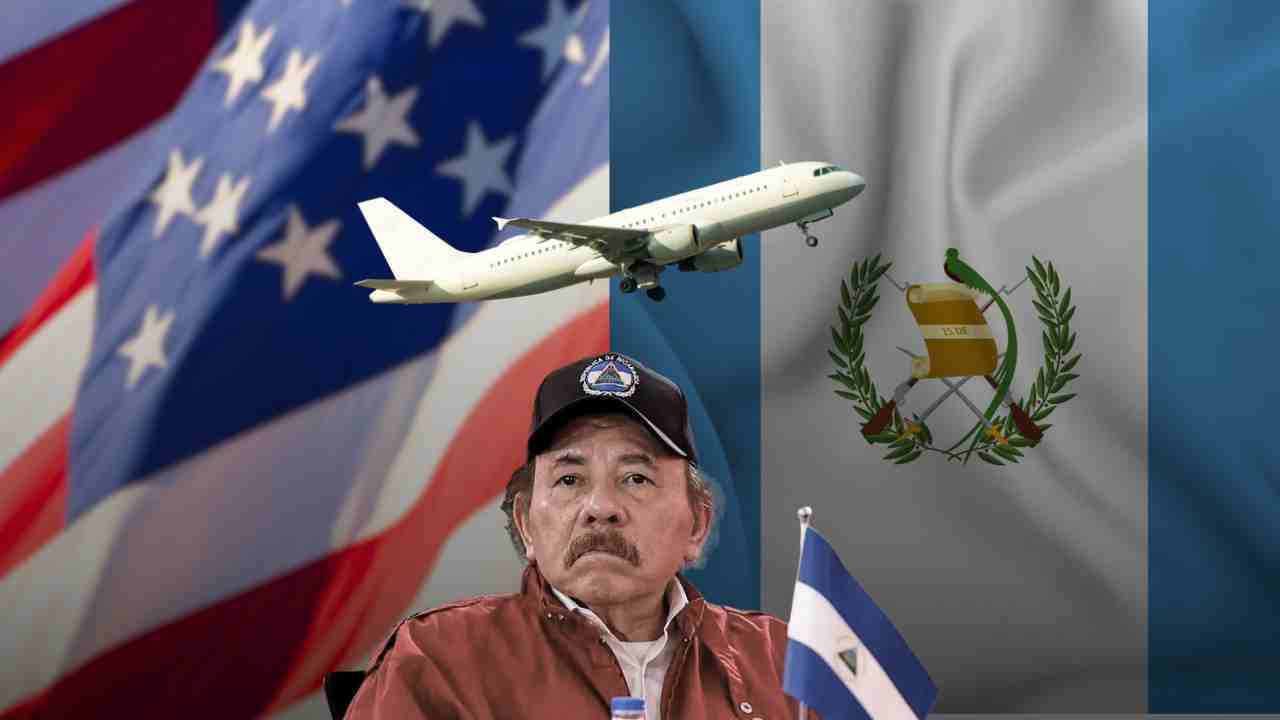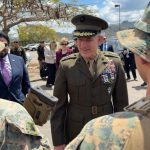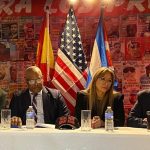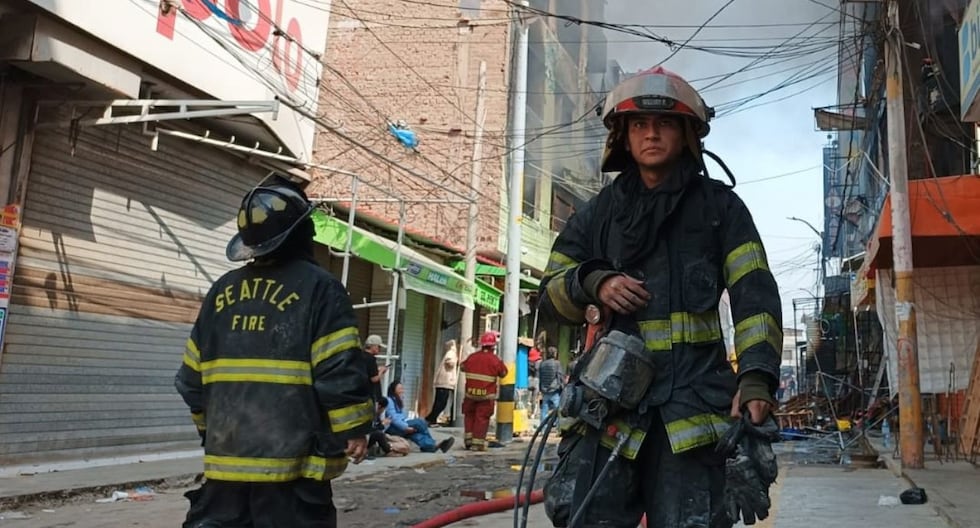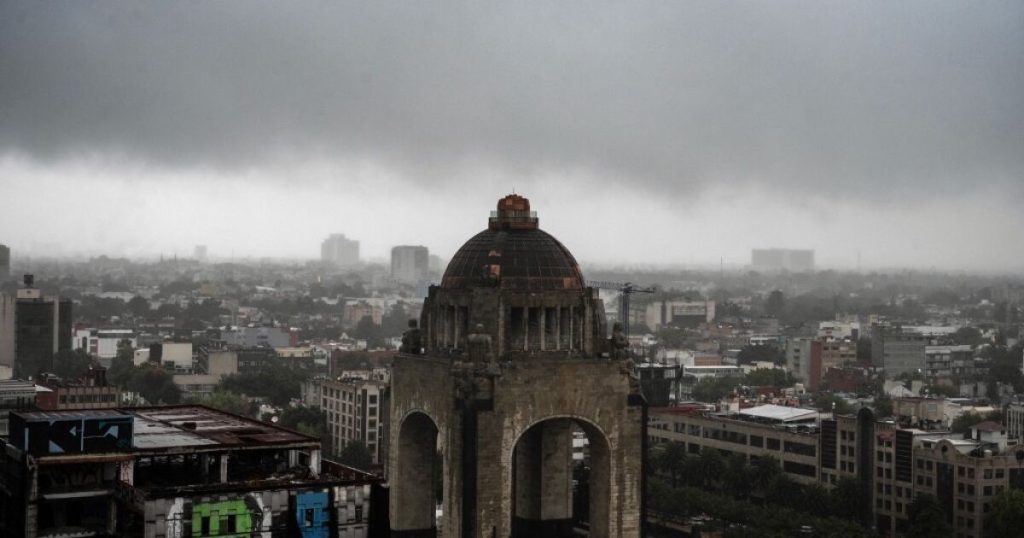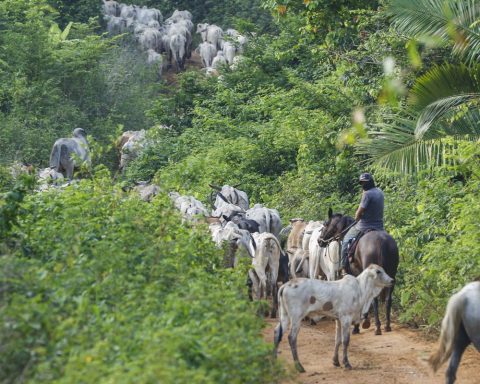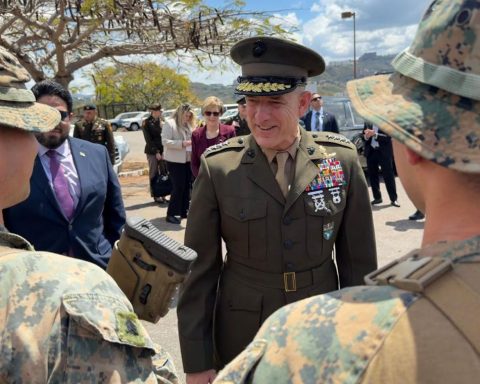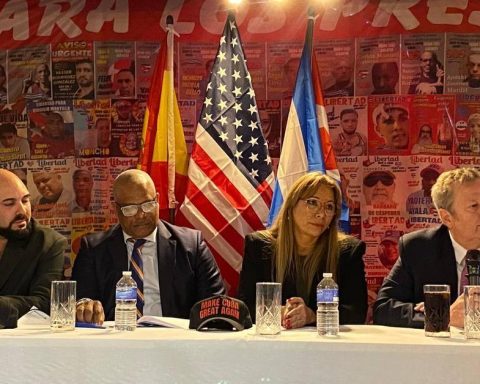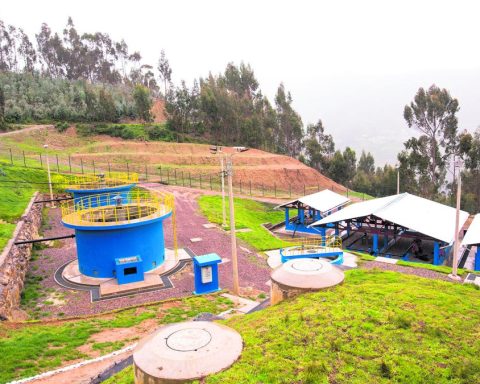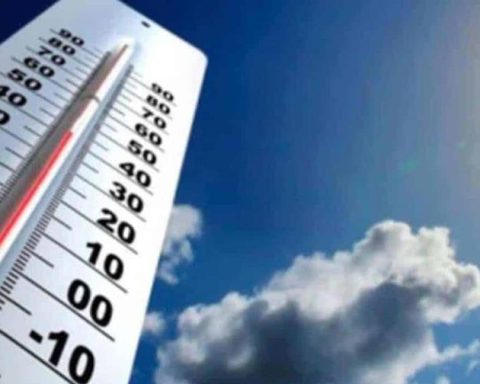The recent release of political prisoners as a result of silent “negotiations” with the United States, the reforms to penal laws and the internal purges within the State and the FSLN, show the “collapse” of the regime of Daniel Ortega and Rosario Murillo, says the opposition leader in exile, Dora María Téllez.
On September 5, the Ortega-Murillo dictatorship released and exiled 135 prisoners of conscience from prison, denationalized and confiscated all property, following a secret “negotiation” with the U.S. government, and simultaneously began a process of reforming all criminal laws, including Law 1042, known as the “Cybercrime Law,” to increase prison sentences for “spreading fake news” and criminalize the use of social media and cell phone apps.
Related news: Three Latin American countries and the IACHR deplore Nicaragua’s measures against opponents
For guerrilla commander Dora María Téllez, a dissident of the Sandinista Front, released from political prison and exiled by the dictatorship, with their latest actions, the Ortega-Murillo group shows its “extreme cruelty” and at the same time, clear symptoms of “collapse.”
In his weekly analysis of the political and social situation in Nicaragua, released in videos on his social media, Téllez says that the Nicaraguan regime is keeping silent about the release of the latest group of political prisoners because it does not want to acknowledge to its bases that it was the result of “an agreement negotiated with the United States.
“(The dictatorship) does not want its social base, which has very little left, since according to the latest polls it is around 12%, to lose confidence in Daniel Ortega and Rosario Murillo,” for negotiating with the United States for several months.
Costa Rica, Ecuador and the Dominican Republic deplored Nicaragua’s “arbitrary and illegal” decision to revoke the nationality and confiscate the property of 135 opposition members who were released from prison and transferred to Guatemala a week ago, the Ecuadorian Foreign Ministry reported.
The Inter-American Commission on Human Rights (IACHR) also criticized this decision by Managua, which raised the number of Nicaraguan opponents deprived of their nationality since the beginning of 2023 to 451.
Related news: Nicaraguan regime adds more than 9 million dollars to debt with Belarus
The three “member countries of the Alliance for Development in Democracy deplore the arbitrary and illegal decision of the Nicaraguan regime” against the new group of former political prisoners, says a joint statement.
The three nations of the Alliance called on Nicaragua to restore the rights of its citizens.
They stressed that according to the Universal Declaration of Human Rights, everyone has the right to nationality and no one should be arbitrarily deprived of it.
Nicaraguan dictator Daniel Ortega once again praised what he called “Hugo Chavez’s help,” referring to the shipment of oil and its derivatives to Nicaragua from Venezuela, which stopped working more than 8 years ago, but which left the country with a multimillion-dollar debt that sooner or later Nicaraguans will have to pay.
During his speech on Thursday, September 12, at the ceremony to welcome the “torch of independence,” dictator Ortega, after recounting in his own way the process of independence in Central America, returned to his usual attacks on developed countries, which he calls “empires,” to accuse them of not wanting the unity of the countries in the region.
On this subject, he recalled the late Venezuelan dictator Hugo Chavez, whom he applauded because, according to the Nicaraguan tyrant, his now deceased counterpart did want the unity of Latin American countries and that is why he helped them with energy agreements such as the one he established with Nicaragua, which keeps the country in a gigantic mess.
According to official data from the Central Bank of Nicaragua (BCN), Venezuela sent more than US$3.654 billion to Daniel Ortega’s regime between 2007 and 2016, thanks to a “generous” agreement reached by the Venezuelan and Nicaraguan leaders.
